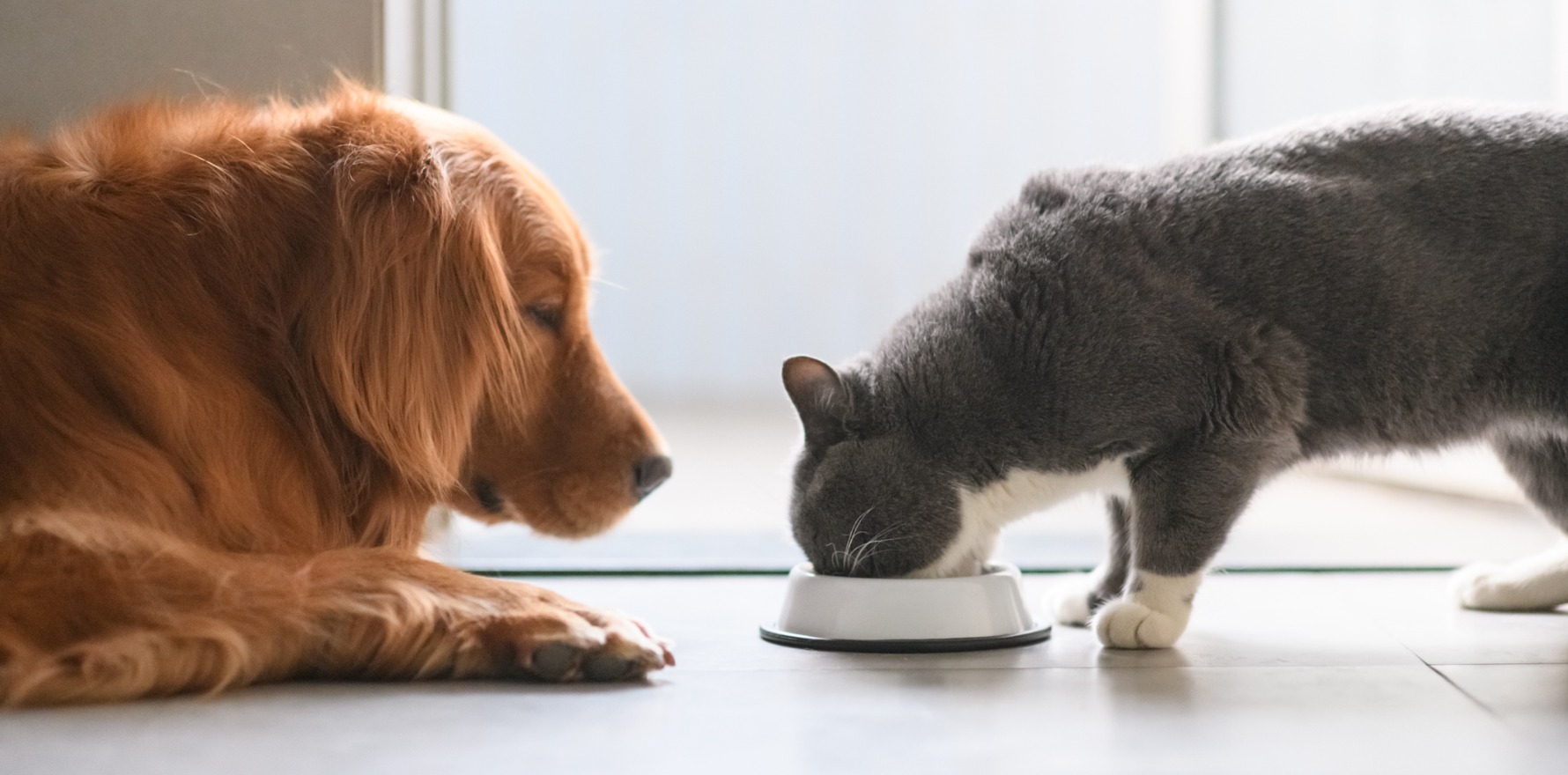The TGA’s provisional approval of Australia’s first covid prevention therapy has been welcomed, but many eligible patients may miss out.
Specialists have welcomed the TGA’s provisional approval of Australia’s first covid pre-exposure prevention therapy.
But there is concern about how many immunocompromised or immunosuppressed patients will have access to the tixagevimab and cilgavimab combination therapy (Evusheld, AstraZeneca), given the Australian Government has secured only 36,000 treatment courses.
Associate Professor Philip Robinson from the University of Queensland, and a senior rheumatology specialist at the Royal Brisbane and Women’s Hospital, said the treatment would be a “substantial advantage” for immunocompromised and immunosuppressed patients, who were “terrified” of getting covid.
This includes patients with autoimmune conditions like rheumatoid arthritis and multiple sclerosis, cancer patients undergoing treatment like chemotherapy or bone marrow transplant, as well as organ transplant recipients.
“There are many, many patients who, because of their therapies, haven’t had a chance to respond to the vaccine,” he said. “They’ve been asking me constantly about when this therapy is going to be available.”
He said he believed hundreds of thousands of Australians would likely fall into the category set out by the TGA in its provisional approval for the pre-exposure prophylaxis of covid.
The treatment is approved for people aged 12 years and older, weighing at least 40kg. Strict conditions apply to the provision of the treatment and include patients who have moderate-to-severe immune compromise due to a medical condition or receipt of immunosuppressive medications or treatments that make it likely that they will not mount an adequate immune response to the covid vaccine. This includes patients who have already received the covid vaccine but remain at risk.
The treatment will also be available for patients for whom vaccination is not recommended due to a history of severe adverse reaction to a covid vaccine or covid vaccine component.
“Pre-exposure prevention with Evusheld is not a substitute for vaccination in individuals for whom Covid-19 vaccination is recommended,” the TGA said in a statement.
Tixagevimab and cilgavimab has also received provisional approval for use in other parts of the world including North America, within the EU and in the Middle East. The monoclonal antibodies are administered as two separate sequential intramuscular injections at two different sites. They mimic the body’s natural immune response to identify and attack specific disease-causing organisms to prevent covid from entering the body’s cells and causing infection.
Professor Robinson said he was yet to hear how the treatment would be distributed.
“Clearly I don’t think there’s enough of it,” he said. “The access issue is the biggest problem. For those people who get it, it will be a major advantage.”
He said he hoped clinicians around the country would take advantage of the opportunity for their patients who have been afraid to leave their homes and put themselves at risk of covid. Treatment with tixagevimab and cilgavimab would give them the “same peace of mind that fully vaccinated and boosted people have now”.
“These people won’t have to be so worried about engaging with society,” he said. “There are still people just as badly affected by it [fear of covid] as they were on day one of the pandemic.”
Professor Robert Booy, head of clinical research at the National Centre for Immunisation Research and Surveillance, University of Sydney, told Rheumatology Republic about 2% of the population could be considered to be moderately to severely immunosuppressed.
“So that’s about 500,000 people with moderate to severe immunosuppression,” he said. “The Federal Government has only ordered 36,000 doses, so they can only really cover severe immunosuppression.
“So that’s people who have had recent stem cell transplants, bone marrow transplants, organ transplants, high dose chemotherapy for cancer, those kinds of people… so maybe 50,000 who could benefit right now.”
Professor Booy said the treatment had the potential to be a “game-changer” for many patients.
“It’s not a replacement for vaccination but it is an important supplement. One dose (of the two separate injections) of this is protective and it lasts for up to six months.”
Cassandra Berry, professor in immunology at Murdoch University in Western Australia, said she believed tixagevimab and cilgavimab would be well received.
“This is a great comfort for those who are immunocompromised or immunosuppressed and are unlikely to respond very well to the current covid vaccines,” she said.
“These people can lower their fear and anxiety knowing that pre-exposure prophylaxis is available. They do not have to stand behind the shield of herd immunity, which varies from place to place.”
Professor Berry said that while the drugs were currently approved for pre-exposure to the virus, it was hoped they would soon be approved for treatment post-virus exposure or after confirmed virus infection.
“However, they have limited durability and potency after six months, so it will be interesting to see what happens.”
The TGA has been contacted for comment on how clinicians can apply for access to the tixagevimab and cilgavimab therapy.




